Last week I wrote about the Court’s own investigation into the damaging leak of the draft Dobbs opinion, which ultimately overturned 50 years of a constitutional right to abortion established by Roe v. Wade.
I noted how the failure to hold the Justices to the same scrutiny as the Court’s own staff rendered the investigation little more than a performative sham. Then, over the weekend, another bombshell dropped, calling the very legitimacy of the Court’s composition into question.
It came in the form of a much-anticipated documentary film, from director Doug Liman, entitled Justice, which premiered Friday at the Sundance Film Festival.
It has been more than four years since the Senate confirmed Justice Brett Kavanaugh to the Supreme Court by a narrow vote of 50 to 48, despite credible accusations of sexual assault while Kavanaugh was at Yale.
But the full extent of his criminal sexual acts has never truly been exposed. That is because, as the film explores, the FBI hid it from all of us on purpose.
The extent to which the FBI sought to squash its own investigation, including the burying of legitimate tips and emphatic statements from Kavanagh’s own classmates, is now back in the spotlight thanks to Justice.
Media attention to the film provides an opportunity for legal observers to reiterate what we know but what the public may have missed. It’s certainly worth going back to the questions for which many have long sought answers.
What else was out there that the FBI kept the public and the critical swing Senators from hearing?
The FBI tip line was really a trash bin.
As part of its investigation into sexual assault allegations against the nominee, the FBI opened a “Public Access Line” for tips. It received over 4,500 entries in the six days of its reopened investigation.
But as key witnesses who submitted tips via the portal discovered, it was where leads went to die.
The film makes clear that, instead of following up on important eyewitness accounts left in messages for the FBI, the Bureau merely forwarded any “relevant” reports to the Trump White House whose mission of course was to see their nominee get approved.
This is worth repeating because it’s a point often missed: The FBI acted as merely a filter, not an investigative body, when it came to these critical tips.
And then it simply passed along what it thought might be relevant to the White House, which could shape the narrative, bury whatever it wanted to, and run out the clock.
If this sounds familiar, it is similar to what former Attorney General Bill Barr did with the Mueller Report, but without any meaningful way to follow up.
This is precisely what happens when the ones running the “investigations” are the same people who want a particular pre-determined outcome.
A group called Law360 filed a Freedom of Information Act request and recovered those 4,500 tips. It discovered hundreds of pages had been deleted and at least 1,000 tips were completely redacted.
But the time stamps indicated some had piled up for days, even weeks, without any internal review.
When Democrats in the Senate finally were able to get FBI Director Christopher Wray, appointed by Trump, before them in August 2022, he admitted FBI agents actually “did not further investigate” any Kavanaugh-related leads submitted via the tip line, confirming the FBI took direction instead from the Trump administration about whom agents could interview.
The information, buried by the FBI and the White House, would have been material not only to the question of Kavanaugh’s criminality but also to whether he perjured himself before Congress. Let’s take a look at two big ones.
Further sexual assault allegations.
The film Justice reveals a never-before heard audio tape from a witness named Max Stier. The audio file was generated shortly after the FBI briefly reopened its investigation into Kavanaugh.
Stier states that he lived in the same dorm at Yale as the nominee and had information about the Deborah Ramirez sexual assault allegation.
He says classmates told him not only that Kavanaugh put his penis in Ramirez’s face, but that afterward, Kavanaugh went to the bathroom to make himself erect before returning to resume the assault, hoping to amuse onlookers and his friends.
While the right would claim this is mere hearsay, the FBI could certainly have followed up on this, asking any others who were in the room if they remembered this happening. It would have been a powerful indication that investigators knew far more specifics about the night than witnesses might assume, perhaps even inspiring some suddenly improved memories.
Stier also had first-hand knowledge of a different assault. One evening, Stier stated on the audio file, he was in a room where he saw Kavanaugh with his pants down, extremely drunk. That’s when a group of soccer players forced another drunk freshman woman to hold Kavanaugh’s penis.
The woman claimed to not recall this incident, nor did she wish to come forward given how other witnesses such as Christine Blasely Ford and Ramirez had been treated by the press and the public.
But had this tip surfaced at the time from Stier, it would have been a third incident presented before the public. More importantly for the twisted optics at the time, it would have been a sexual assault reported by a man who was a first-hand witness to the act, giving further weight to the accusation that Kavanaugh was a serial sexual assaulter.
It is a sad and horrible fact that a woman’s own account of sexual assault often goes unbelieved or discounted, while a man’s word against his friend or dorm mate would be deemed credible.
Direct evidence of perjury.
As Law360 reported in September 2022, there were damning texts from Kavanaugh to a friend urging her to “go on record” to defend him against sexual assault accusations made by Ramirez.
At the time of the texts, reporters including Ronan Farrow from The New Yorker had been digging into the allegations, which weren’t yet public.
Had the texts come out during the hearing, they would have been explosive because Kavanaugh had specifically testified, under oath to the Committee, that he had not discussed the allegation with anyone before the article ran in The New Yorker.
But that was a lie, as the texts would have proven.
The information came from Kerry Berchem, who had attended Yale as well and to whom the texts had been forwarded by a friend.
Berchem attempted to relay the messages to an FBI agent whose email she had found, but he kept pushing her to use the public tip line, even after she explained that she had already submitted tips twice and called an FBI field office but had not heard anything back.
Bercham then wrote to several Senate offices, including that of Sen. Lisa Murkowski.
Murkowski’s deputy chief of staff, Nathan Bergerbest, grew concerned by the run-around. He wrote to the FBI’s acting director, noting that Bercham had “sought to be interviewed without success” and “believe[d] that she was walked into a dead end.”
He noted:
“The full Senate, and not just the committee, is relying on the rigor and accuracy of information in the FBI's background investigation of the nominee.”
“I would appreciate a note on how [Berchem's] concerns are being addressed.”
The reply in turn backed Bergerbest into the same dead end, telling him Berchem should submit a tip to the public tip line.
Berchem told Law360:
“I came forward because I thought it was more than possible he had perjured himself.”
“As a lawyer, I felt it was my duty and obligation to provide the information and related questions I had, which I firmly believe should have been reviewed, considered and explored by the FBI.”
So what now?
We should be clear-eyed here. There won’t be any unringing of the bell. Justice Kavanaugh is not going to lose his lifetime seat on the Court over this.
While we can speculate about whether a Democratic Senate with a 67 seat majority might vote to remove a lying, predatory Justice, politically that isn’t realistic.
But there is still the need for the truth to come out, if not via government hearings then through a public airing. History, and especially the victims of his assaults, deserve no less.
Already, a number of new tips are pouring in to the filmmakers of Justice, and they are considering editing their film to include any new truths they can uncover.
There is also now more urgent pressure for reform of the Court. The secretive backgrounds, the lack of serious and impartial investigations, and the outright lies certain Justices have gotten away with in recent years need to end.
That is something a slightly stronger Democratic majority in Congress could accomplish. And an expansion of the Court, perhaps in a major overhaul as championed by Pete Buttigieg, could one day blunt the damage that was done in 2018 and onwards.
For the Court itself, the crisis of public confidence is now a crisis of legitimacy.
Would the Senate have confirmed Justice Kavanaugh had the truth about his sexual assaults and perjury not been buried?
Would Trump have had to pick a more moderate justice who might have voted to uphold Roe?
These questions will haunt the Court for decades to come and remain a dark shadow over its opinions and its very composition.

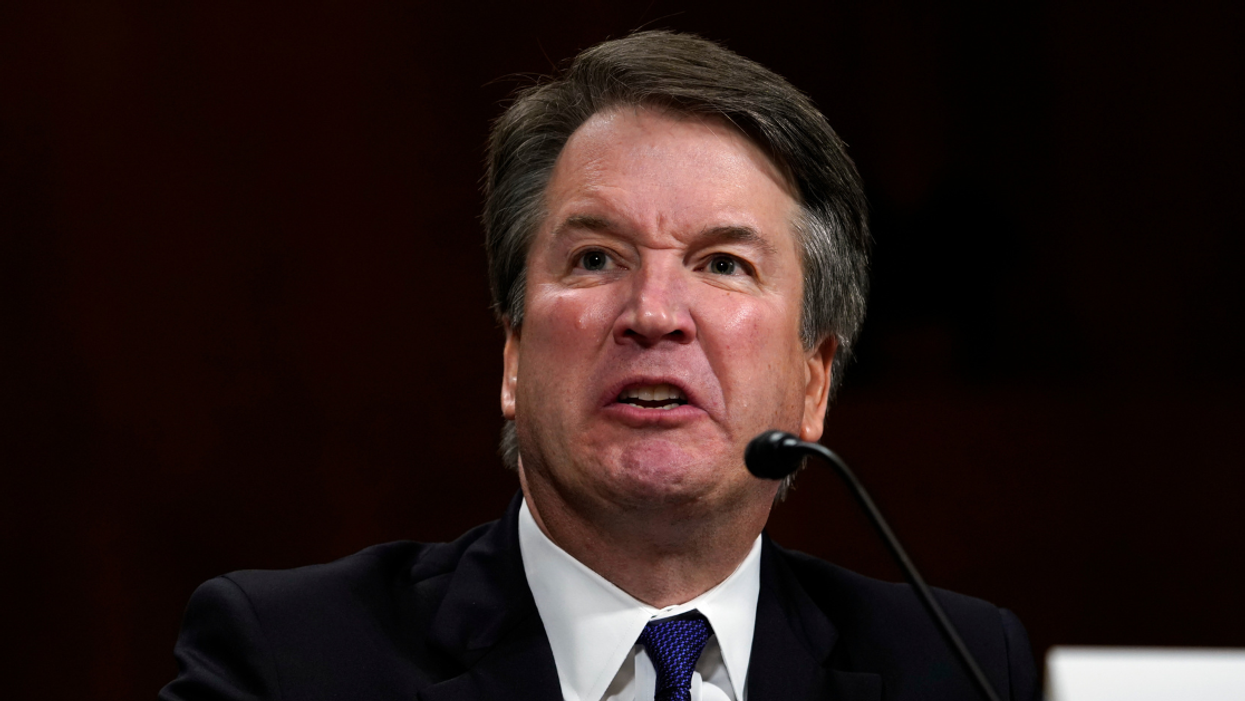



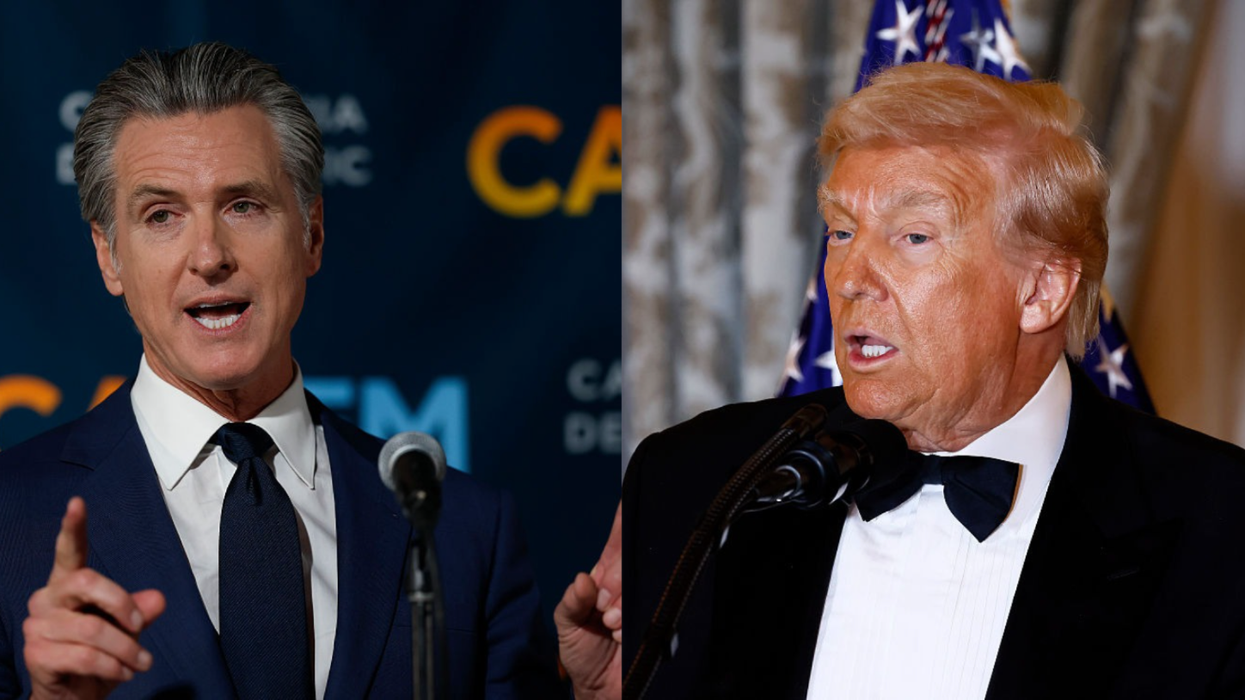
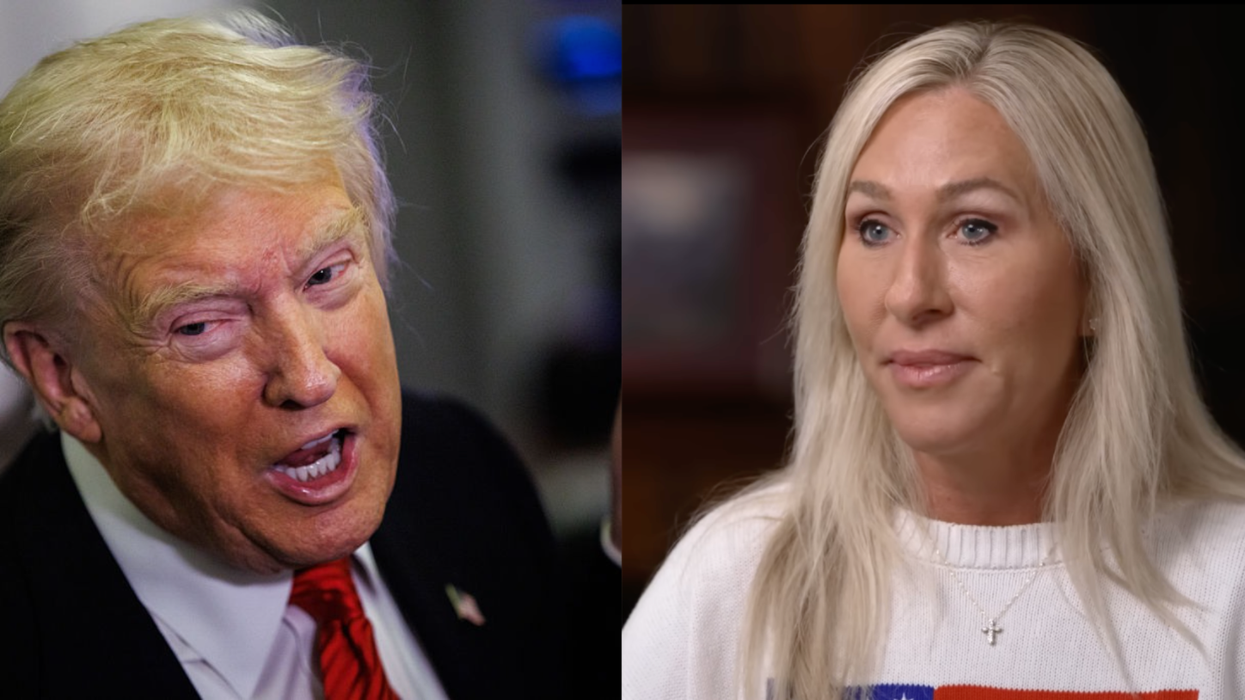
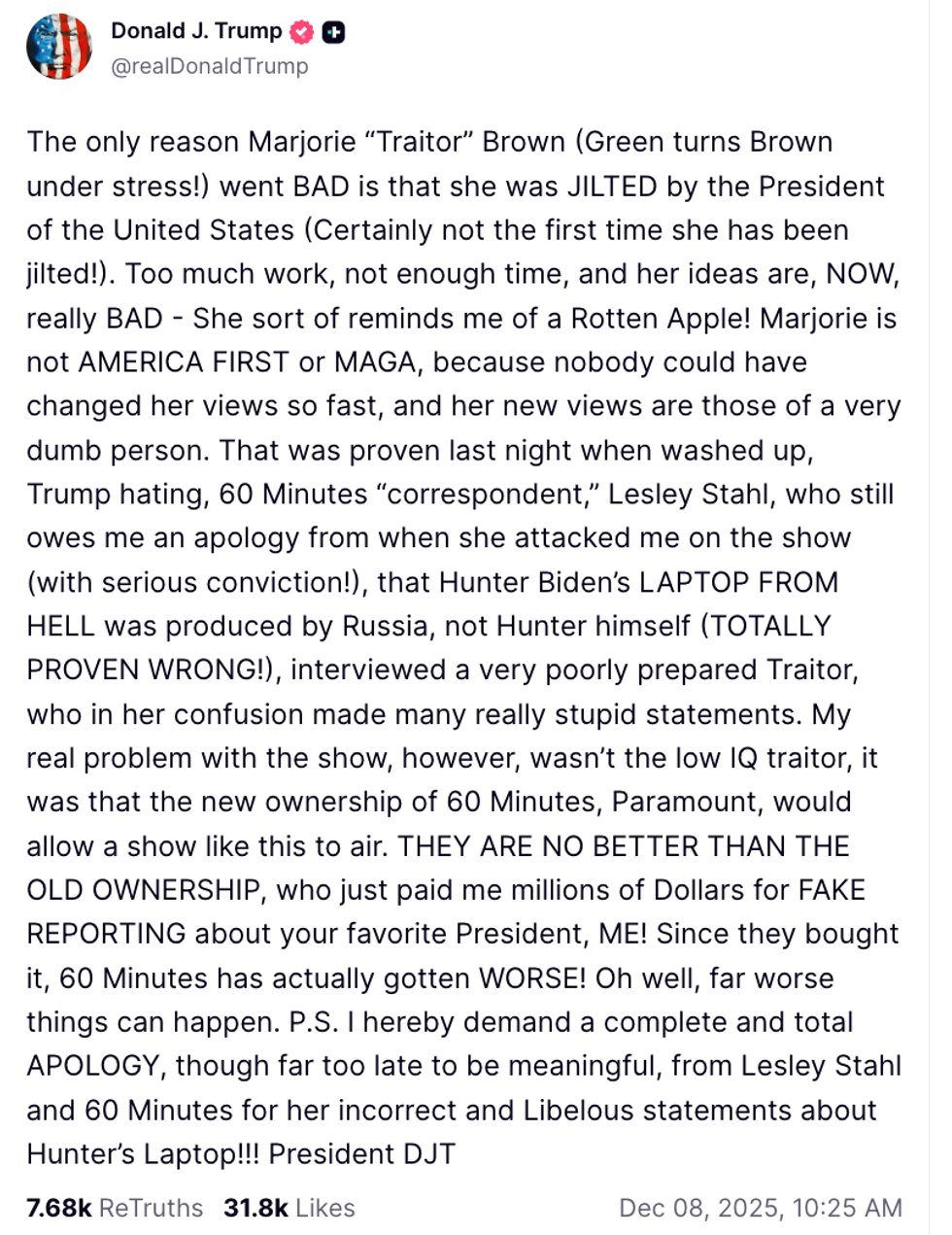 @realDonaldTrump/Truth Social
@realDonaldTrump/Truth Social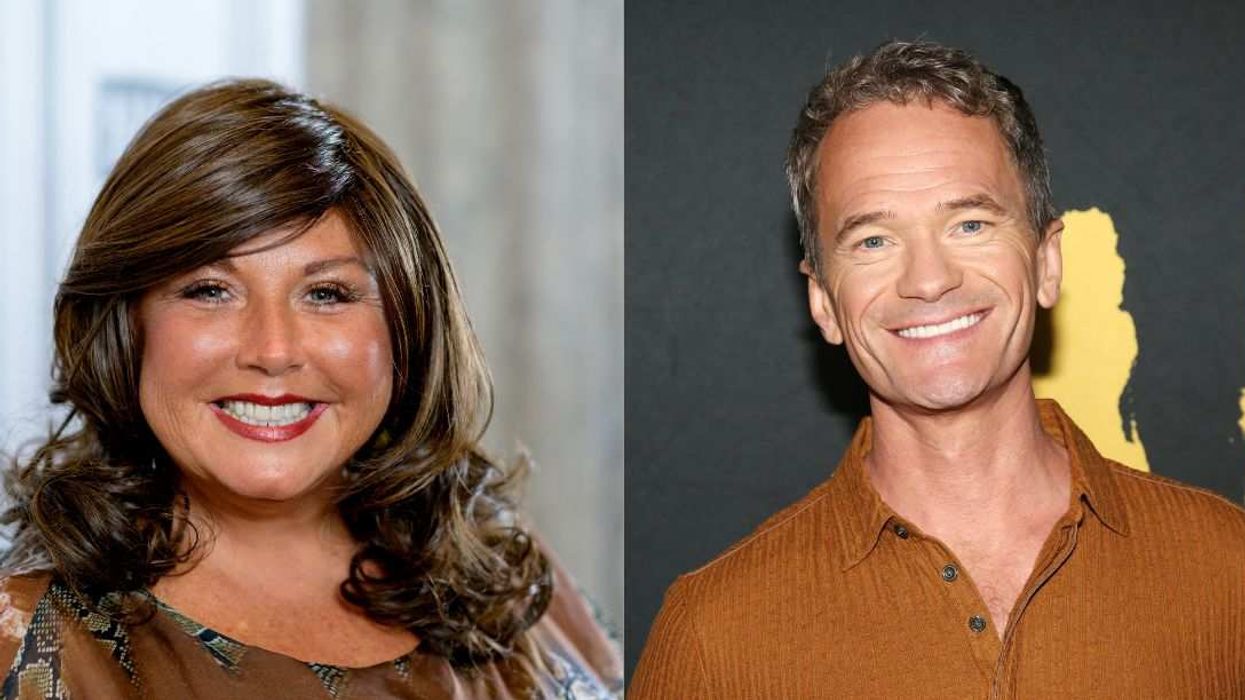
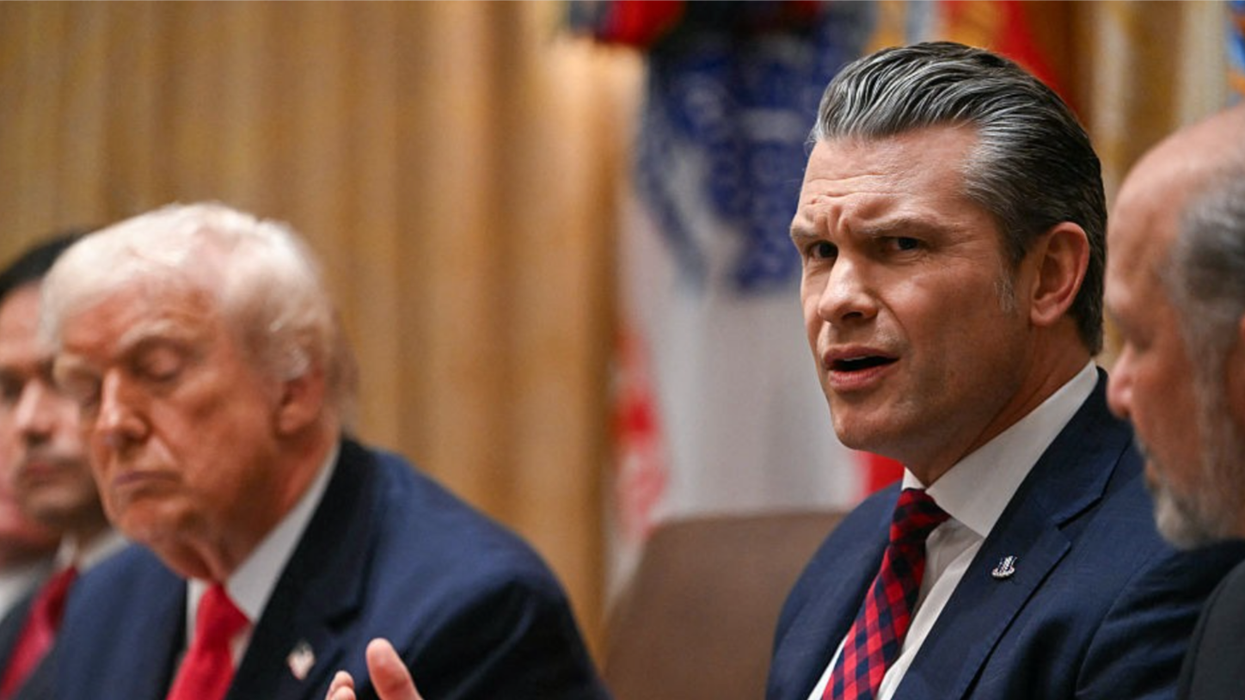







 @corinnezoethomas/TikTok
@corinnezoethomas/TikTok @corinnezoethomas/TikTok
@corinnezoethomas/TikTok @corinnezoethomas/TikTok
@corinnezoethomas/TikTok @corinnezoethomas/TikTok
@corinnezoethomas/TikTok @corinnezoethomas/TikTok
@corinnezoethomas/TikTok @corinnezoethomas/TikTok
@corinnezoethomas/TikTok @corinnezoethomas/TikTok
@corinnezoethomas/TikTok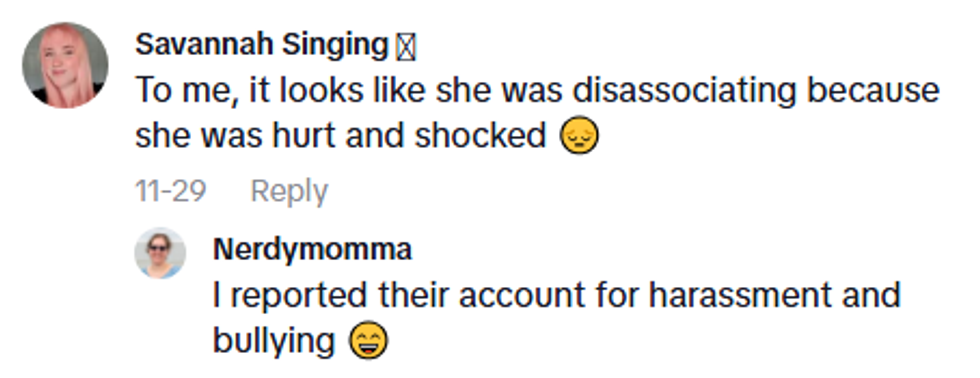 @corinnezoethomas/TikTok
@corinnezoethomas/TikTok @corinnezoethomas/TikTok
@corinnezoethomas/TikTok @corinnezoethomas/TikTok
@corinnezoethomas/TikTok @corinnezoethomas/TikTok
@corinnezoethomas/TikTok @corinnezoethomas/TikTok
@corinnezoethomas/TikTok